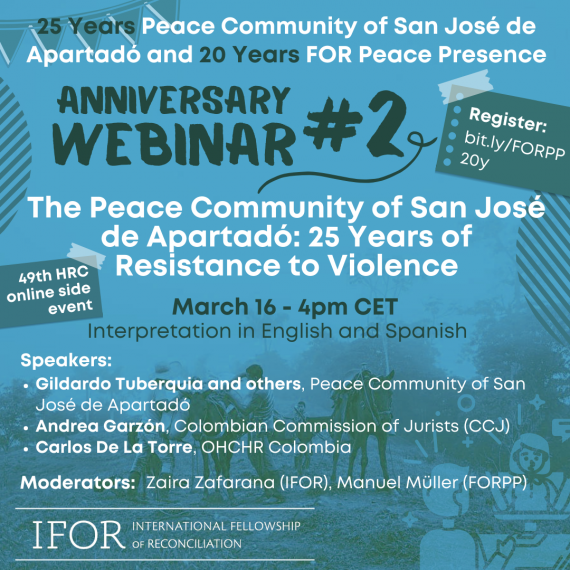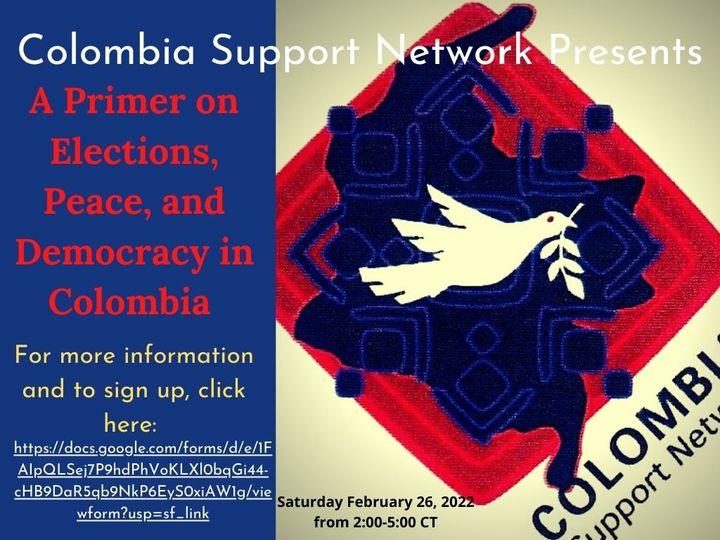This spring, Colombia could elect its first progressive president. In primary elections earlier this month—held for left-wing, centrist, and ruling right blocs—former Bogotá mayor and 2018 presidential candidate Gustavo Petro won an astounding nearly 4.5 million votes to emerge as nominee for the left-wing coalition known as the Historic Pact. Petro has pledged to ban new fossil fuel exploration from day one, proposing to "end oil exploration, but not exploitation. The old coffee-growing country has been left behind and sadly we moved into oil and coal. This is unsustainable and will bring about extinction. We need to move away from an extractivist economy and move towards a productive one.” Petro has been involved in politics ever since the M19 pivoted toward the constitutional process, and is no stranger to challenging the right. He called out right-wing government connections to far-right paramilitaries as a lawmaker, consequently receiving death threats, which is no surprise as Colombia is the world’s most dangerous country for human rights defenders and environmentalists.
- Home
- About Us
- Issues
- Countries
- Rapid Response Network
- Young Adults
- Get Involved
- Calendar
- Donate
- Blog




